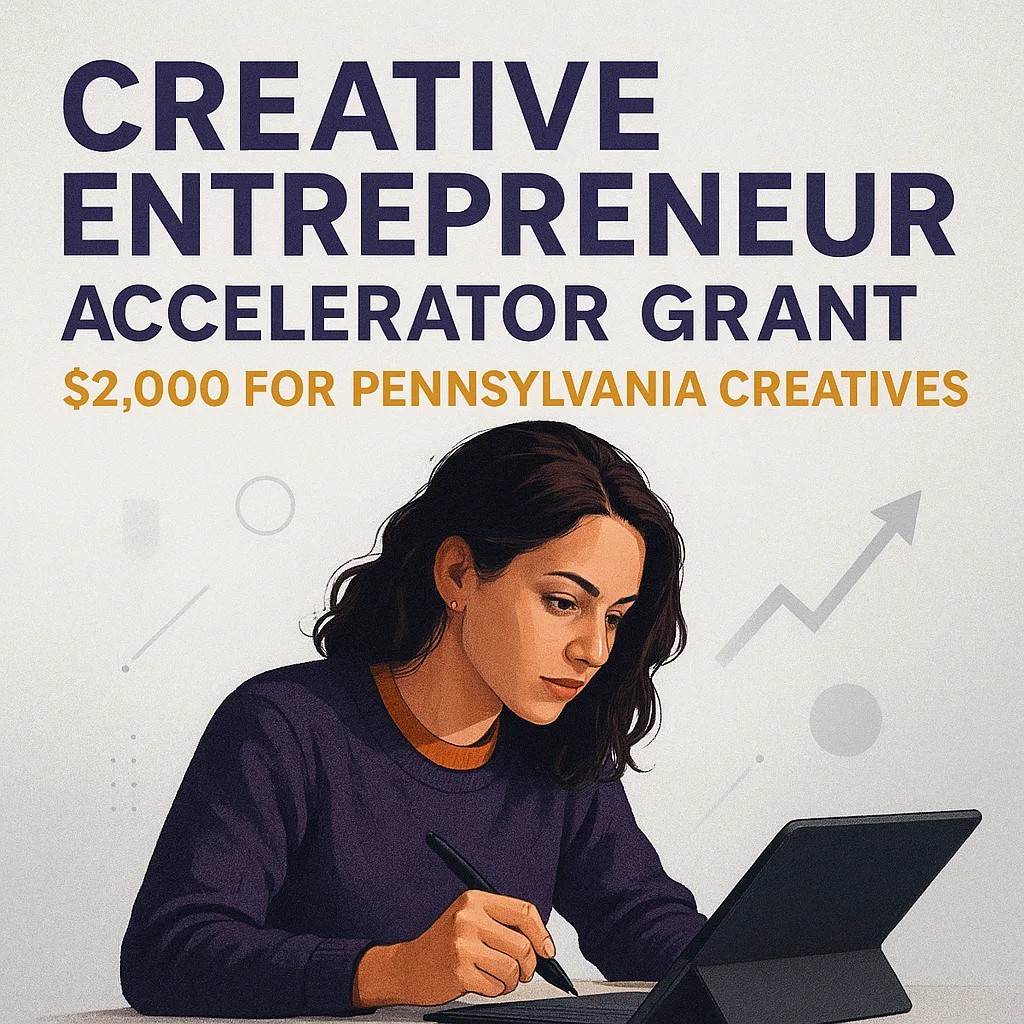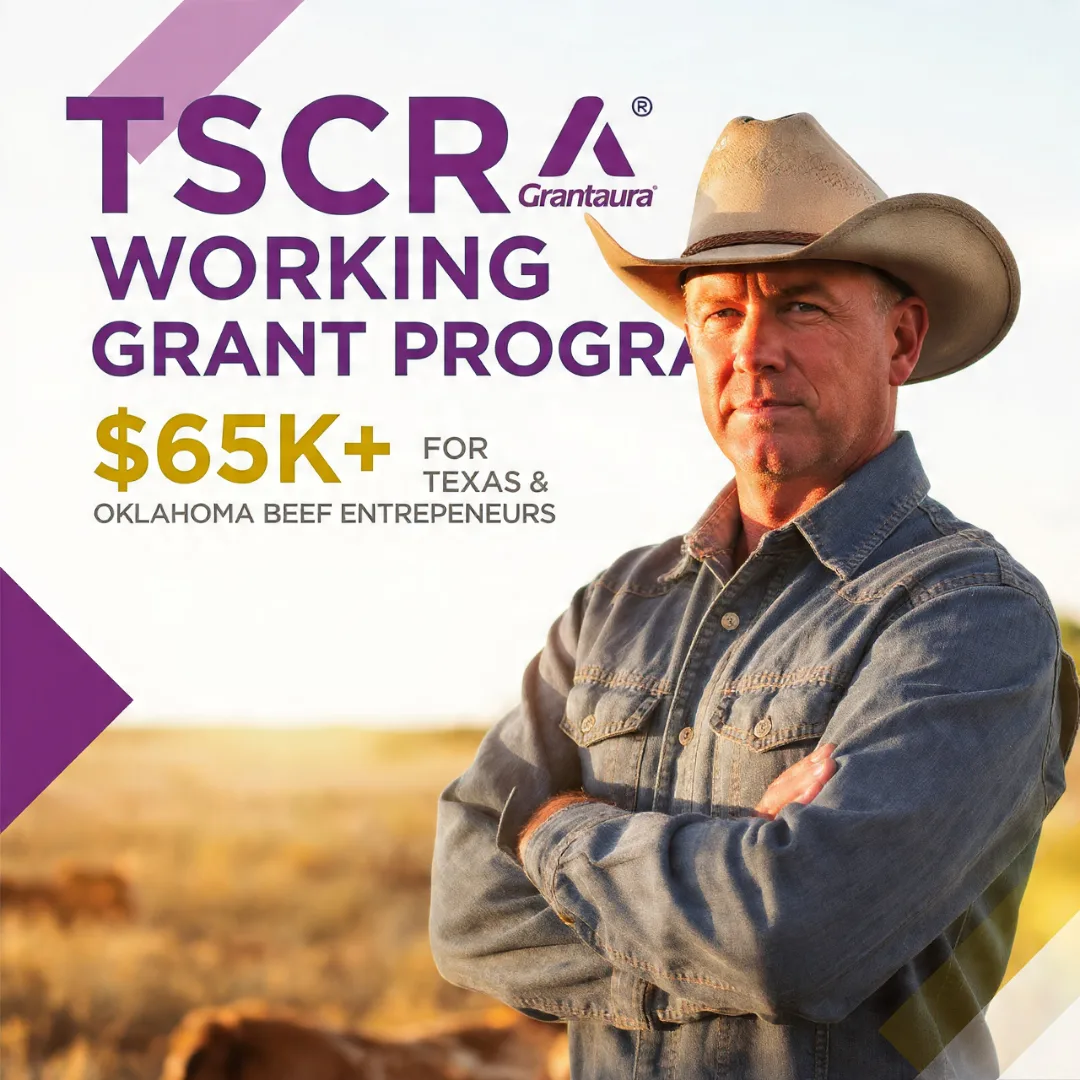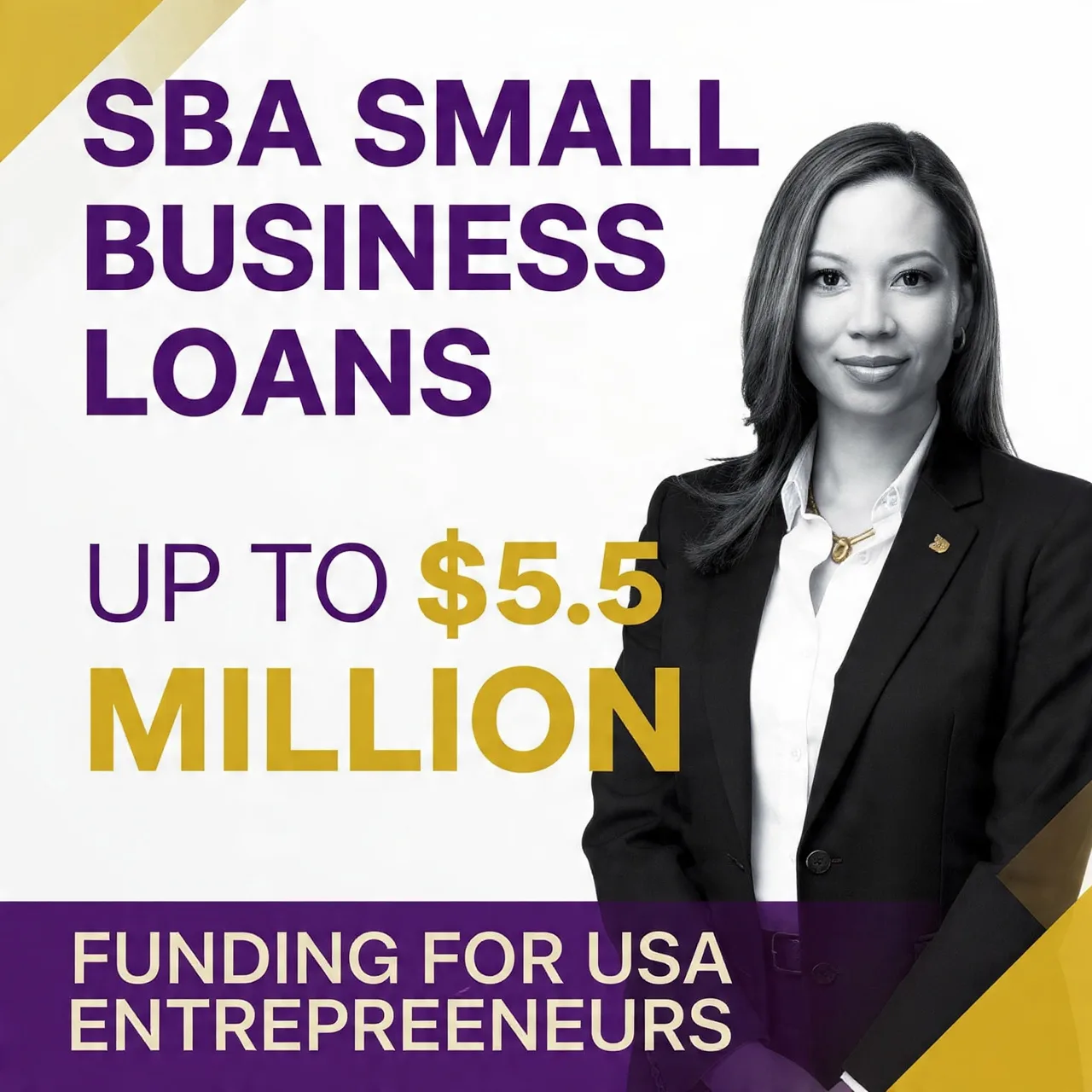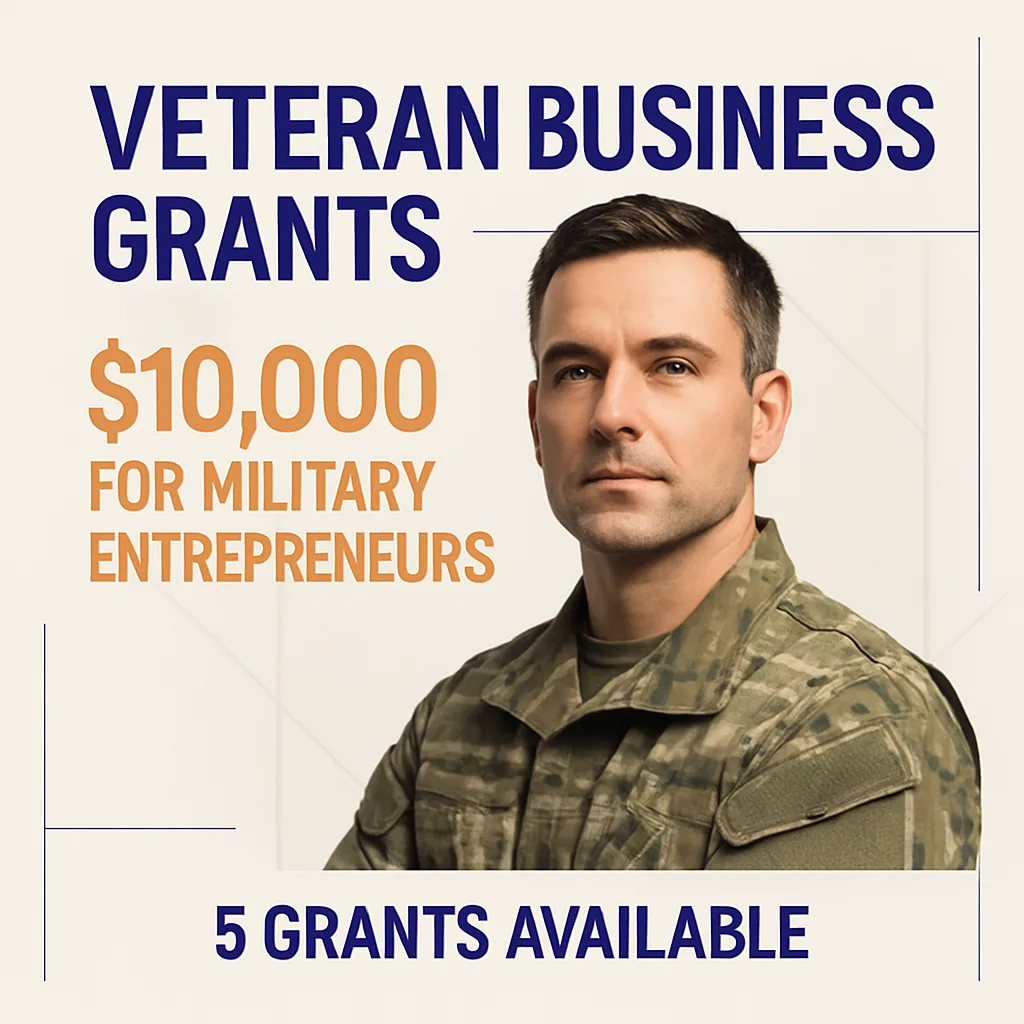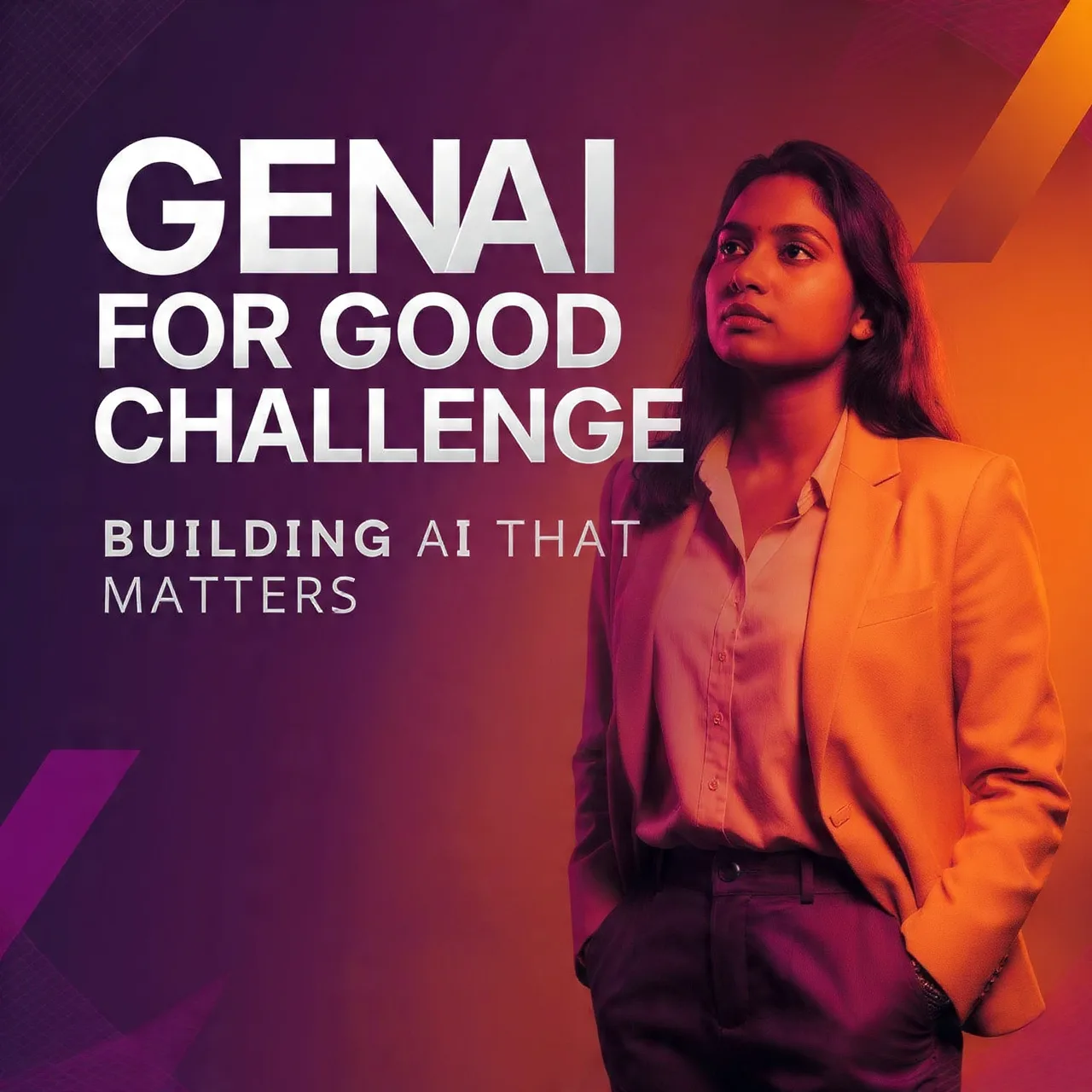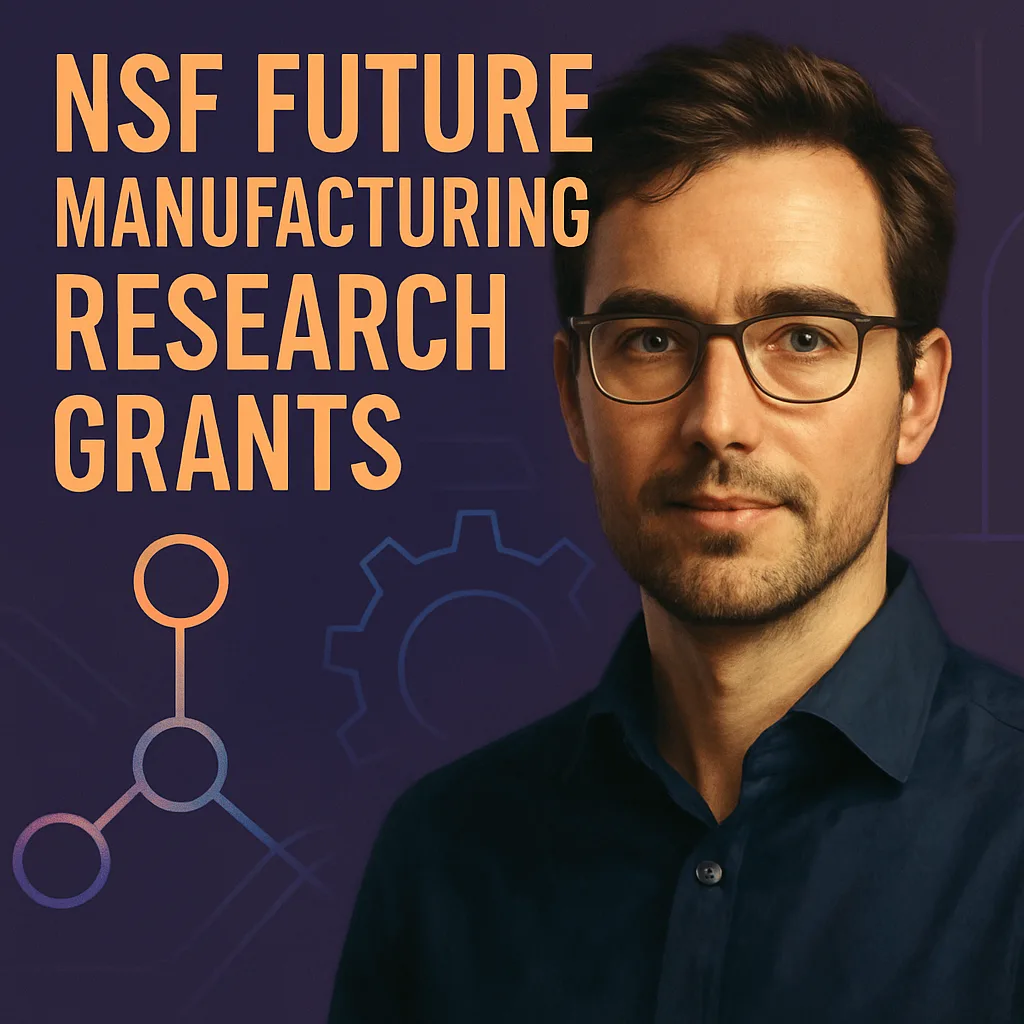
NSF Future Manufacturing Research Grant (FMRG): Up to $3M for Transformative Research
Apply for the NSF Future Manufacturing Research Grant (FMRG)! Secure up to $3M to lead transformative research in cyber, eco, or biomanufacturing.
Grant Overview
Catalyzing Breakthroughs in Cyber, Eco, and Biomanufacturing with Substantial Research Funding
Donor: National Science Foundation (NSF)
About: The National Science Foundation (NSF) Future Manufacturing Research Grant (FMRG) represents a cornerstone of the U.S. strategy to secure global leadership in next-generation industry. This is not a grant for incremental improvements; it is a call for paradigm-shifting, foundational research that will create production capabilities that are currently unimaginable. By funding ambitious projects that can seed entirely new industries, the FMRG program aims to tackle grand societal challenges, from climate change and health disparities to environmental sustainability, ultimately invigorating the nation’s economic and technological future. The complexity of such a proposal requires a clear vision, a challenge where Grantaura’s expert grant writing services can provide critical support.
A fundamental requirement of the FMRG is a “convergence” approach, demanding the deep integration of knowledge and methods from wildly different fields. Successful proposals must demonstrate a synergistic collaboration between engineers, computer scientists, materials scientists, mathematicians, social and behavioral scientists, and even experts in the arts and humanities. This transdisciplinary model ensures that the future of manufacturing is not only technologically superior but also ethically grounded, socially responsible, and human-centric. Building such a diverse team can be a significant undertaking, and our strategic consultation can help identify potential collaborators to strengthen your application.
Pioneering New Industrial Frontiers
The FMRG program channels its resources into three pivotal thrust areas, each representing a frontier of industrial innovation. Proposals must align with one or more of these domains:
– Future Cyber Manufacturing: This area seeks to revolutionize industry by weaving a digital fabric of artificial intelligence, advanced data analytics, robotics, and secure cyber-physical systems into the factory floor. The goal is to create intelligent, autonomous, and resilient systems that redefine efficiency and quality control. This aligns with the forward-thinking principles of many technology grants.
– Future Eco Manufacturing: This thrust targets the creation of sustainable manufacturing lifecycles from the ground up. It encourages radical innovations in decarbonized processes, the use of renewable feedstocks, and the design of products for a circular economy, directly addressing the global climate crisis.
– Future Biomanufacturing: This domain supports the fusion of biology and engineering to produce novel materials, chemicals, and therapies. It leverages synthetic biology and advanced bioprocessing to create products that are both high-performance and sustainable, heralding a new bio-based economy.
A non-negotiable component of every FMRG application is a robust Education and Workforce Development Plan, submitted as a supplementary document. The NSF posits that new technologies are only as powerful as the skilled individuals who can operate and advance them. This plan must detail concrete strategies for training a diverse, next-generation workforce, including students and upskilling opportunities for current professionals. This focus on human capital is a core tenet of the program and a key evaluation criterion. Grantaura can help you develop this plan, drawing on best practices in STEM education.
The program places a profound emphasis on “Broadening Participation.” Proposals that demonstrate significant collaboration with and inclusion of Minority-Serving Institutions (MSIs), Primarily Undergraduate Institutions (PUIs), community colleges, and institutions within EPSCoR-designated states are strongly encouraged. This strategic priority aims to democratize innovation, ensuring the future of American manufacturing is built by a workforce that reflects the nation’s full diversity. This inclusive vision opens doors for many types of organizations, including the nonprofit sector.
Successfully securing an FMRG requires more than a brilliant idea; it demands a flawlessly executed proposal that articulates a transformative vision. Applicants must present a compelling narrative in the “Enabling Future Manufacturing” section and a detailed “Project Management and Collaboration Plan.” Whether you represent a university research center or a for-profit business with strong R&D capabilities, Grantaura’s full suite of services can help you craft an application that meets the NSF’s highest standards of excellence and impact.
Focus: Future Cyber Manufacturing, Future Eco Manufacturing, Future Biomanufacturing, Fundamental Research, Workforce Development, Education, Cross-Disciplinary Research, AI and Machine Learning, Sustainable Chemistry, Biotechnology, Quantum Devices, Robotics, STEM Education
Region: United States
Eligibility:
– U.S.-based Institutions of Higher Education (IHEs), including 2-year and 4-year colleges and universities, and community colleges.
– Non-profit, non-academic U.S. organizations, such as independent museums, observatories, research laboratories, and professional societies.
– For-profit U.S. commercial organizations, including small businesses, with strong research and education capabilities.
– State and local governments in the United States.
– Federally recognized Tribal Nations.
– An individual may participate as a Principal Investigator (PI), co-PI, or other Senior/Key Personnel in at most one FMRG proposal per submission year.
Benefits: Up to $3,000,000 in total funding for a performance period of up to four years.
Deadline: June, 18, 2025
Terms:
– NSF: National Science Foundation, the U.S. government agency that supports fundamental research and education in all the non-medical fields of science and engineering.
– FMRG: Future Manufacturing Research Grant, the specific award track for large-scale, multi-year research projects under this program.
– PAPPG: Proposal & Award Policies & Procedures Guide, the comprehensive document outlining the policies and procedures for submitting proposals to and managing awards from the NSF.
– Convergence Approach: An approach to problem-solving that deeply integrates knowledge, methods, and expertise from different disciplines to form a new, unified framework.
– EPSCoR: Established Program to Stimulate Competitive Research, an NSF program designed to enhance the research competitiveness of targeted states, territories, and commonwealths.
Don’t Miss Your Next
Funding Opportunity
Who Can Apply?
How to apply for this grant?
We are your trusted grant application partners. You can navigate the entire grant application process with our expert guidance through this simple 5-step process.
Step 1: Application Form
Fill out the "Apply for this grant" form with your information and grant requirements.
Step 2: Eligibility Assessment
Our grant experts will assess your eligibility and notify you via email.
Step 3: Expert Consultation
A dedicated grant expert will be assigned to discuss next steps for your application.
Step 4: Application Submission
Our expert will help you complete and submit your application with all required materials.
Step 5: Final Decision
The grant committee will make their decision and notify successful applicants.




